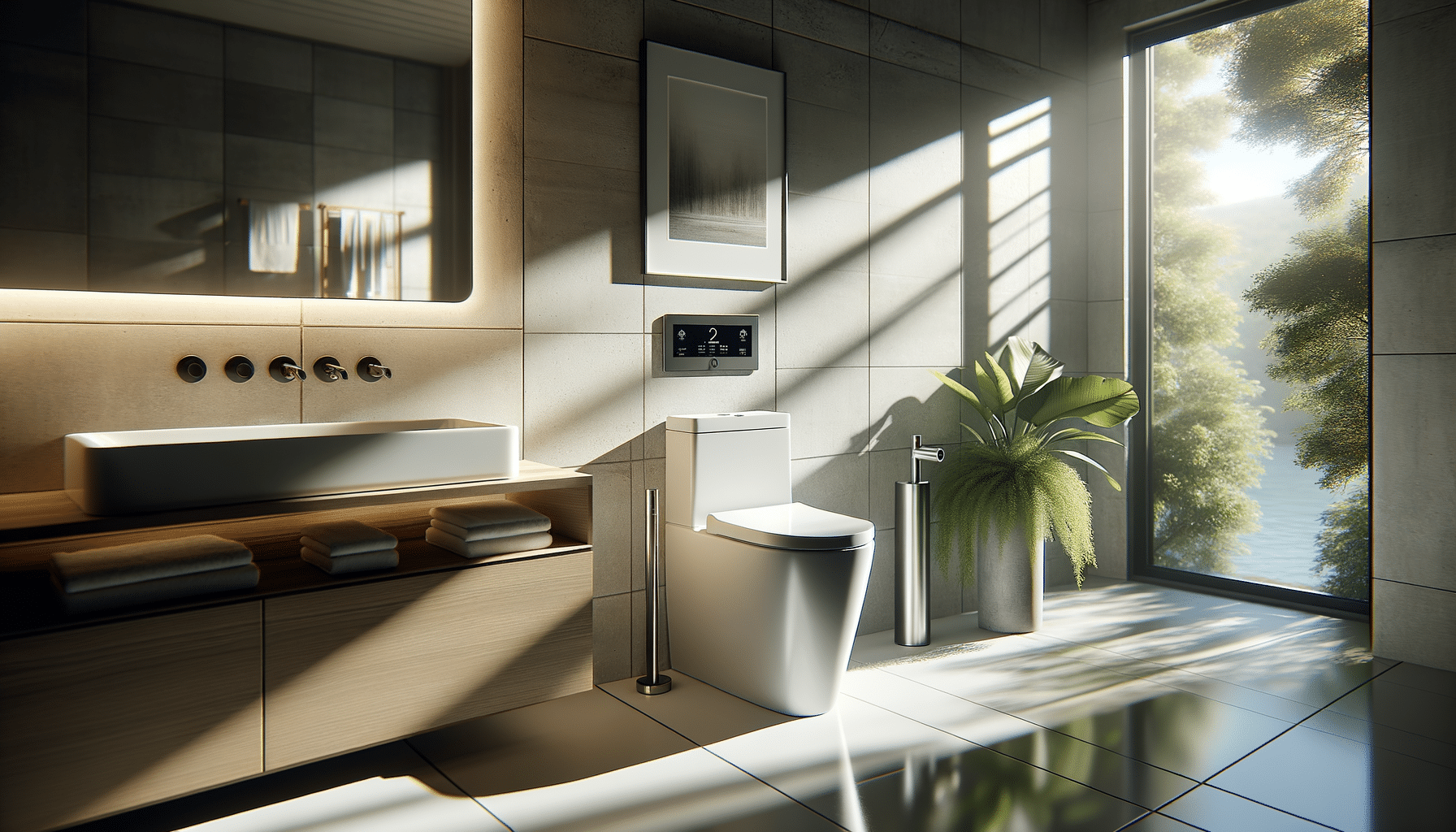
Smart Toilets
Introduction to Smart Toilets
In the ever-evolving world of technology, smart devices have found their way into nearly every aspect of our daily lives, including the bathroom. Smart toilets represent a significant leap forward in bathroom technology, offering a blend of luxury, convenience, and efficiency. These high-tech fixtures go beyond the traditional toilet’s basic function, incorporating features that enhance hygiene, comfort, and even health monitoring.
Smart toilets are particularly relevant today as they cater to modern needs for sustainability and advanced health care. They can conserve water, reduce the need for toilet paper, and provide a personalized bathroom experience. As the demand for smart home technologies continues to rise, smart toilets are becoming a popular choice among homeowners looking to upgrade their bathroom spaces.
Features and Benefits of Smart Toilets
Smart toilets come equipped with a variety of features that set them apart from traditional toilets. Some of the most notable features include:
- Automatic Flushing: Sensors detect when the user has finished and automatically flush the toilet, promoting hygiene and convenience.
- Heated Seats: A feature much appreciated during colder months, heated seats provide comfort and warmth.
- Bidet Functionality: Integrated bidets offer a more hygienic and environmentally friendly alternative to toilet paper.
- Deodorizing System: Built-in air purifiers help keep the bathroom smelling fresh.
- Self-Cleaning: Some models come with self-cleaning nozzles and surfaces, reducing maintenance efforts.
- Health Monitoring: Advanced models can analyze waste to provide insights into the user’s health, such as hydration levels and nutrient deficiencies.
These features not only enhance the user experience but also contribute to water conservation and improved hygiene. By reducing the need for toilet paper and using water more efficiently, smart toilets support sustainable living practices.
Comparing Smart Toilets to Traditional Toilets
When comparing smart toilets to their traditional counterparts, several key differences stand out. Traditional toilets are generally more affordable and easier to install, making them a practical choice for many. However, they lack the advanced features that smart toilets offer.
Smart toilets, while more expensive, justify their cost through enhanced functionality and long-term savings. The automatic flushing feature, for instance, ensures that water is used efficiently, potentially lowering water bills. Additionally, the bidet functionality reduces the need for toilet paper, which can result in cost savings over time.
In terms of maintenance, smart toilets often require less frequent cleaning due to their self-cleaning capabilities. This feature not only saves time but also reduces the use of cleaning chemicals, which is beneficial for the environment.
Challenges and Considerations
Despite their many advantages, smart toilets are not without challenges. One of the primary considerations is the initial cost. Smart toilets are often significantly more expensive than traditional models, which can be a barrier for some consumers.
Another consideration is the complexity of installation. Smart toilets may require professional installation due to their advanced features and the need for electrical connections. This can add to the overall cost and effort required to upgrade.
Additionally, the reliance on technology means that smart toilets are susceptible to malfunctions. Users must be prepared for potential technical issues and the need for occasional repairs or software updates.
Despite these challenges, the benefits of smart toilets often outweigh the drawbacks for those who prioritize convenience, hygiene, and sustainability.
Conclusion: The Future of Bathroom Technology
Smart toilets represent a significant advancement in bathroom technology, offering numerous benefits that align with modern values of efficiency, hygiene, and sustainability. As technology continues to evolve, it is likely that smart toilets will become even more integrated into everyday life, offering new features and greater accessibility.
For homeowners looking to invest in the future of bathroom technology, smart toilets present a compelling option. They not only enhance the bathroom experience but also contribute to a more sustainable lifestyle. As awareness and demand grow, we can expect to see even more innovation in this space, making smart toilets a worthwhile consideration for anyone looking to upgrade their home.


